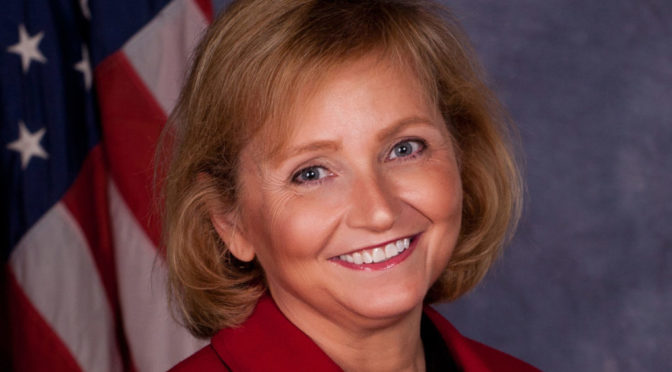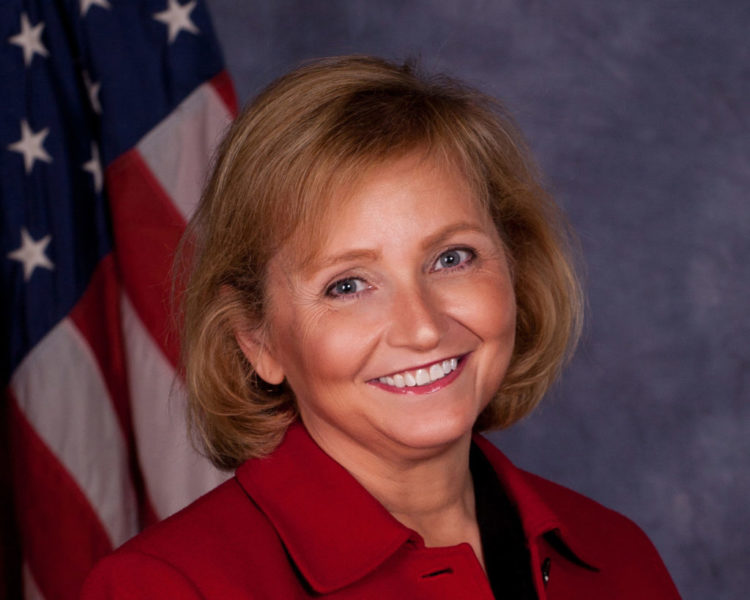Governor Laura Kelly Announces COVID-19 Booster Shots Available to All Fully Vaccinated Adults
~All fully vaccinated Kansans over the age of 18 who are 6 months past Pfizer or Moderna vaccination, or two months past Johnson & Johnson vaccination, are now eligible for COVID-19 booster shot ~
TOPEKA – Today, Governor Laura Kelly and the Kansas Department of Health and Environment (KDHE) announced all fully vaccinated Kansans over the age of 18 are now eligible for COVID-19 booster shots.
“The COVID-19 vaccine is free, safe, effective, and the best way to keep our communities protected from this virus,” said Governor Laura Kelly. “Expanding access to booster shots will help us put an end to this deadly pandemic. Whether you are considering your first shot or signing up for a booster, I urge everyone to get the facts and get vaccinated.”
All Kansans who meet the below criteria are now eligible and encouraged to receive a booster dose of the COVID-19 vaccine:
- The patient is at least 18 years old and has met the 6-month time period following the primary vaccination series for the Moderna or Pfizer vaccine, or it has been at least 2 months since their Johnson & Johnson vaccine.
- The patient’s assessment of risk exposure may include, but is not limited to, those who work with the public or live with someone who works with the public, live or work with someone at high risk of severe impact of COVID, live in geographic areas that have been heavily impacted by COVID, reside in high transmission areas, live in congregate setting, experience social inequity or other risk conditions as assessed by the individual. Currently, there is a high risk of community transmission in all Kansas counties. Vaccine providers should allow patients to self-determine their risk of exposure.
“As we move into the winter months, Kansans will increasingly be indoors, putting themselves at greater risk of contracting the virus,” said Secretary Lee Norman, M.D., Kansas Department of Health and Environment. “Allowing Kansans to self-determine their risk of exposure to COVID-19 ensures that every tool is available to protect themselves and reduce the possibility of a winter COVID-19 surge.”
Available data right now show that all three of the COVID-19 vaccines approved or authorized in the United States continue to be highly effective in reducing risk of severe disease, hospitalization, and death, even against the Delta variant. Vaccination remains the best way to protect yourself and reduce the spread of the virus and help prevent new variants from emerging. To find a COVID-19 vaccine clinic visit Vaccines.gov.



